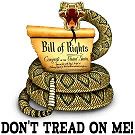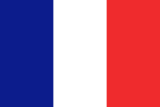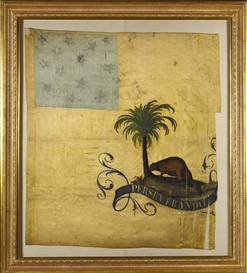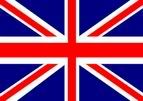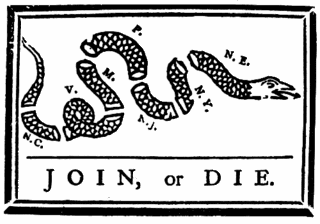
This posting is inspired by the comments made in the Huckabee posting below. Raven mentioned that he is opposed to the notion that the Founding Fathers were Christian men. Obviously this is a very popular and controversial topic, so I am expecting this post to be a lot of fun. I look forward to what you all have to say.

In his book
The Faiths of the Founding Fathers (which I happen to believe is the best source on this issue), author David Holmes has created a religious test of sorts that I feel is very applicable. Holmes states that, "An examination of history cannot capture the inner faith of any man. But in the case of the Founding Fathers of the United States, readers can use these four indicators to locate the founders on the religious spectrum with some confidence." Holmes has devised a four-point test that I believe is very helpful in understanding the religious nature of the Funding Fathers. These four points allow us to put the faiths of the Founding Fathers into perspective. The points are:
1. Church Attendance
2. Approach to the Sacraments and Ordinances
3. Level of Church Activity and Involvement
4. The Type of Religious Language Used
Using these four criteria, Holmes states where each of the Founding Fathers ranks on the religious spectrum. First off, it is important that we recognize the role that the Enlightenment and the Great Awakening played in shaping the religious beliefs of colonial America. As Daniel Walker Howe states in his epic book
What Hath God Wrought, religious ideology, especially Christian ideology, was very different during the colonial era than it is today. By looking at these four points, we can determine to what degree deism and Christianity influenced the individual.
There is of course many other factors than these simple four points, which shaped the individual beliefs of our Founding Fathers. These points, however, can help us see the impact of deism and Christianity on the individual. A deist would be more likely to attend church less frequently, would strongly oppose sacraments and ordinances, would have a low level of church involvement, and would use very neutral religious language when referring to deity. An orthodox Christian, however, would be the exact opposite. With that said, let us look at several of the Founding Fathers using the test provided by Holmes.
George Washington: Obviously Washington is the most popular of the Founding Fathers, and there is a great deal of religious myth that surrounds him. There is perhaps more written on the religious views of Washington than any other Founding Father. His legacy has been used by secularists and religious zealots alike, in order to shape their respective agendas. But what were his religious beliefs? Here is what Holmes states:
1.)
Church Attendance: Washington, though not as devout as the typical orthodox of his day, did attend church with some regularity, and as Holmes states, “held organized religion in high regard, and was known to pray privately.”
2.)
Approach to the Sacraments and Ordinances: Washington was known for regularly leaving church services before any and all sacraments. Washington strictly refused to partake in any other religious ordinances.
3.)
Level of Church Activity and Involvement: Washington was a vestryman in both the Anglican and Episcopal churches, but was never confirmed in any church. Washington strongly opposed any orthodox allegiance to any one church, and remained a non-ordained, non-confirmed churchgoer.
4.)
Religious Language Used: Washington’s religious vernacular was mixed with Deist and Christian phrases. Though he regularly referred to deity as “Providence” and “the Grand Architect” Washington also used the words “God” and “Christ” on a regular basis as well.
So where does Holmes rank Washington? He calls him a “Christian Deist.”
Thomas JeffersonThis one is almost too easy. Jefferson attended very little church, he never participated in sacraments and ordinances, was never ordained or confirmed (in fact he believed such practices were morally reprehensible), and his religious language was VERY common for a Deist (just look at the Declaration of Independence where Jefferson uses phrases like "Providence" and "Nature's God"). Jefferson also regularly denied the divinity of Christ, but referred to him as "the greatest philosopher." In his Bible, Jefferson even removed all references to Jesus being a savior figure.
Holmes states, and I strongly agree, that Jefferson was a non-Christian Deist. This one is pretty easy.
Benjamin Franklin Franklin is an interesting figure. He donated a large amount of money to virtually every religion in Philadelphia and even attended most of them. Franklin, however, was never confirmed, nor did he participate in sacraments and ordinances of any church. Franklin even states in his autobiography that he denies the divinity of Jesus. Holmes also calls Franklin a Deist.
So where are the Orthodox Christians? Here is just a small list:
Patrick Henry
Samuel Adams
John Jay
Martha Washington
Charles Carrol
Elias Boudinot
John Q. Adams
And Christian Deists? Here again is another small list that Holmes mentions:
George Washington
Abigail Adams
Alexander Hamilton
John Hancock
And here is Holmes's list of non-Christian Deists:
Thomas Jefferson
James Madison
James Monroe
John Adams
Benjamin Franklin
Thomas Paine
Ok, let the debating begin!






